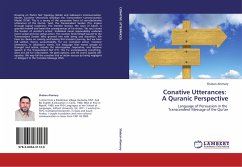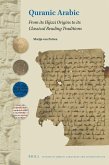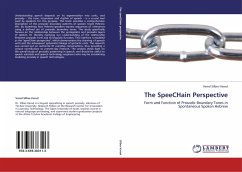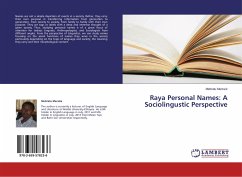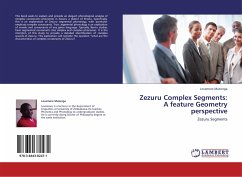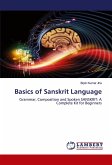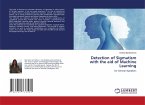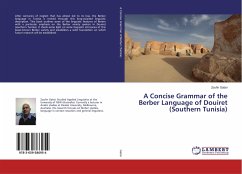Drawing on Plato's Text Typology, Buhler and Jakboson's Communication Model, Conative Utterances develops the Transcendent Communication Model (TCM). This is a survey of the persuasive force of non-declarative utterances of the Qur'an. 'God, the Transcendent Sender (TS), argues through logical reasoning'. The minded receiver, the Issue of Adam, is granted freewill and bears the consequences of his choice. 'No soul carries the burden of another's action'. Individual moral responsibility underlies man's verbal and non-verbal action. The receiver finds himself bound to the Transcendent Sender Who granted him with being and discretion. We have no choice on coming and leaving this transient journey, but we have full volition, hence, accountability, for our (conative) action. Conative Utterances, in Jakobson's words, the language that moves people to thought and action, include the Interrogative, Imperative, and Vocative Speech in the Transcendent Text (TT). The TS, encompassing everything, does not ask for information, He gives options, and He warns against self-injustice. We may fail the conative trial or attain success by being negligent or delegant to the Conative Message (CM).
